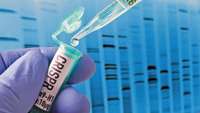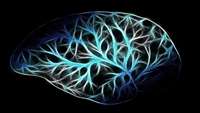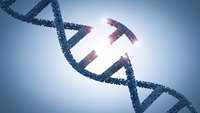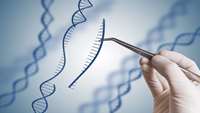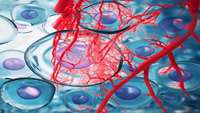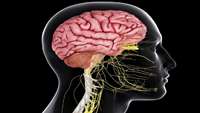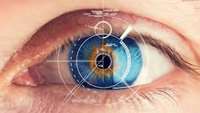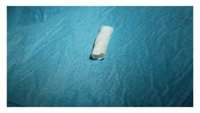Stem cell-derived cell sheet transplantation for heart tissue repair in myocardial infarction
Stem cell-derived sheet engineering has been developed as the next-generation treatment for myocardial infarction (MI) and offers attractive advantages in comparison with direct stem cell transplantation and scaffold tissue engineering.
FDA authorizes CRISPR-based test for COVID-19
The Food and Drug Administration has authorized a COVID-19 test that uses the gene-editing technology CRISPR and returns results in around one hour.
Space Station Cell Study Seeks Causes of Major Diseases
High above the Earth, researchers are conducting a first-of-its-kind study to help patients with Parkinson’s disease and multiple sclerosis on the planet below.
Gene therapy durably reverses congenital deafness in mice
In collaboration with the universities of Miami, Columbia and San Francisco, scientists from the Institut Pasteur, Inserm, CNRS, Collège de France, Sorbonne University and the University of Clermont Auvergne have managed to restore hearing in an adult mouse model of DFNB9 deafness a hearing disorder that represents one of the most frequent cases of congenital genetic deafness.
A novel technology for genome-editing a broad range of mutations in live organisms
The ability to edit genes in living organisms offers the opportunity to treat a plethora of inherited diseases. However, many types of gene-editing tools are unable to target critical areas of DNA, and creating such a technology has been difficult as living tissue contains diverse types of cells.
Living skin can now be 3D-printed with blood vessels included
Researchers at Rensselaer Polytechnic Institute have developed a way to 3D print living skin, complete with blood vessels.
Fewer scars in the central nervous system
Neural stem and progenitor cells (NSPCs), from the so-called subventricular zone (SVZ), can help to repair a brain damaged by central nervous system disorders.
Shedding light on how the human eye perceives brightness
Japanese scientists are shedding new light on the importance of light-sensing cells in the retina that process visual information.
New handheld bioprinter holds promise for treating serious burns
A team of researchers in Canada have successfully trialled a new handheld 3-D skin printer, which treats severe burns by printing new skins cells directly onto a wound.
The Stem Cell Innovation and Technology Ecosystem Will Become Younger
The council for stem cells sciences and technologies has many plans to develop activities in this area. Supporting young researchers and doctoral dissertations is one of the programs that was pursued last year, and this year the headquarters is focusing on this issue in order to conduct targeted research and see their greater impact.



